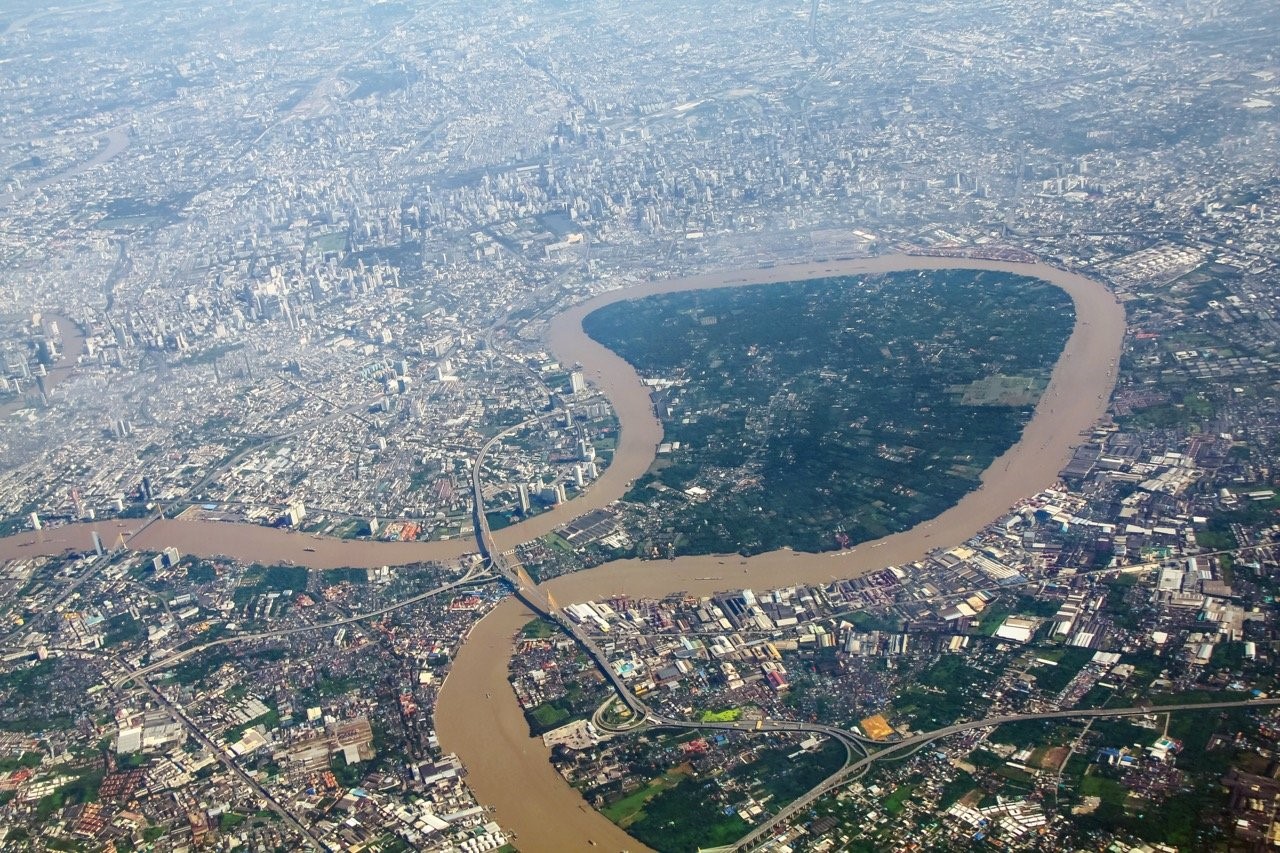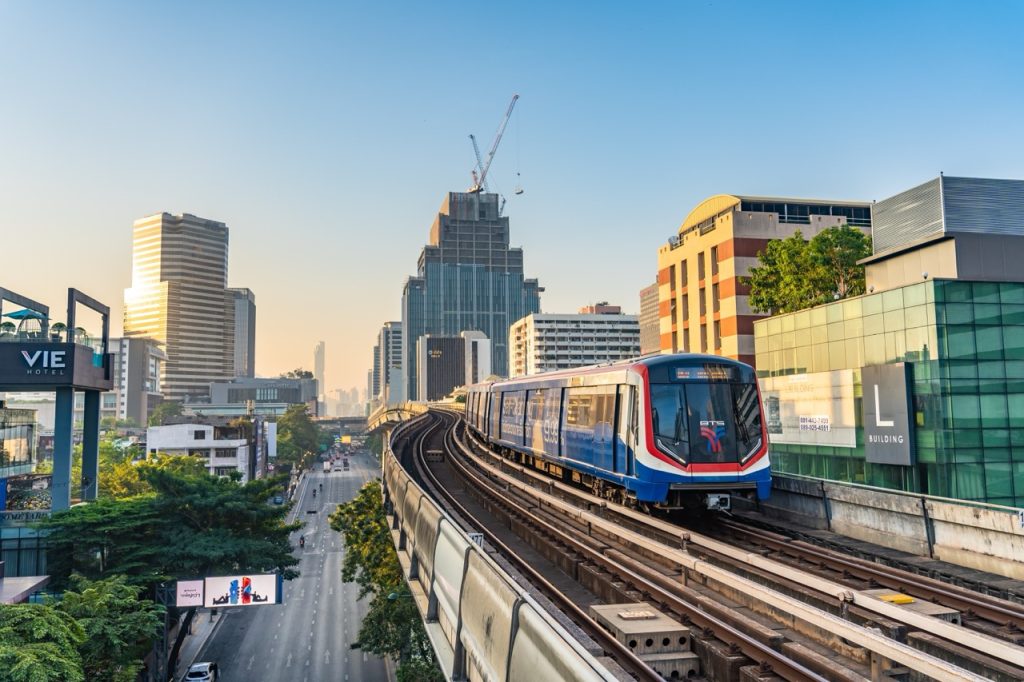Thailand to implement carbon tax in 2025
Thailand to implement carbon tax in 2025
วันที่นำเข้าข้อมูล 12 ก.พ. 2568
วันที่ปรับปรุงข้อมูล 12 ก.พ. 2568
Thailand’s government has announced plans to implement a carbon tax within 2025, joining Singapore as the second ASEAN nation to do so. The tax, set at THB200 (US$5.88) per metric tonne of carbon emissions, aims to encourage sustainable practices and address climate change challenges.
Excise Department Director-General Dr. Kulaya Tantitemit outlined that the carbon tax will initially apply to oil products and will integrate into the existing oil tax structure to ensure a revenue-neutral transition. This approach seeks to avoid impacting retail oil prices while fostering a shift towards environmentally responsible behaviors.
The Thai Cabinet confirmed the adoption of this tax structure, emphasizing its potential to influence consumer behavior without increasing costs for the industrial sector. Deputy Finance Minister Paopoom Rojanasakul highlighted that this internal restructuring of excise taxes integrates the carbon price within the oil tax, maintaining stable oil and oil product prices at the retail level.

Aerial view of Bangkok’s Bang Kachao, an artificial island known as the capital’s “Green Lung” due to its function as a much-needed urban green space. Source: LadyRhino / Shutterstock.com
This strategic tax reform is part of Thailand’s broader commitment to achieving carbon neutrality by 2050 and net-zero greenhouse gas emissions by 2065. The automotive and oil industries, which contribute to 70% of the nation’s carbon emissions, have the most to benefit from reducing their emissions under this new pricing mechanism.
In addition to the carbon tax, the Thai government is also proposing a THB20 fare cap on metro lines funded by a congestion tax to encourage commuters to shift to public transportation, while taking steps to promote electric vehicle (EV) usage, which saw a substantial increase of 685% in sales in 2024. To further support environmental sustainability, the government plans to adjust battery tax rates to favor recycling, encouraging businesses to engage in eco-friendly practices and support the circular economy.

Source: Chanawin Tepprasitsakda / Shutterstock.com
Aerial view of Bangkok’s Bang Kachao, an artificial island known as the capital’s “Green Lung” due to its function as a much-needed urban green space. Source: LadyRhino / Shutterstock.com
The range of products subject to the new carbon price mechanism will include gasoline, gasohol, kerosene, jet fuel, diesel, biodiesel, liquid petroleum gas (LPG), and fuel oil. These measures not only aim to reduce Thailand’s carbon footprint but also strengthen its position in international trade negotiations that prioritize environmental impacts.
Thailand’s proactive approach to environmental policy through the introduction of a carbon tax reflects its commitment to sustainable development and its role as a leader in regional efforts to address climate change.
| Source: |  |
Thailand Business Information Center in Taiwan